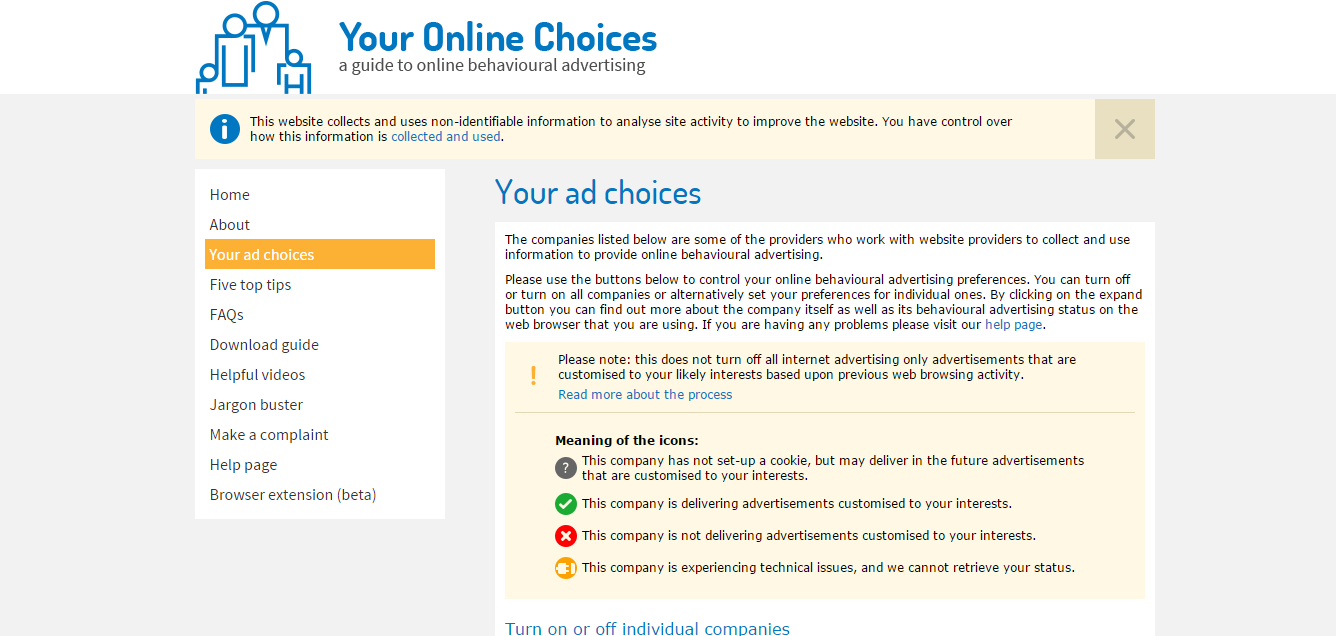Demystificating VPNs
After seeing yet another article that misunderstands and misrepresents VPNs, I just hda to make a post about it. This post actually started life as a reddit comment, but I decided to expand on it and make it a full post here on my blog.
VPNs are a technology that simply sends your traffic through an encrypted tunnel that pops out somewhere else.
For the curious, they do this by creating what's known as a virtual tunnel interface on your computer (on Linux-based machines this is often tun0) and alter your machine's routing table to funnel all your network traffic destined for the Internet into the tunnel interface.
The tunnel interface actually encrypts your data and streams it to a VPN server (though there are exceptions) that then forwards it on to the wider Internet for you.
This is great if:
- You live in a country that censors your Internet connection
- You don't trust your ISP
- You are connected to a public open WiFi hotspot
- You need to access resources on a remote network that only allow those physically present to use them
By using a VPN, you can make your device appear as though it is somewhere else. You can also hide your Internet traffic from the rest of your network that you are connected to.
However, VPNs are not a magic bullet. They are not so great at:
- Blocking trackers
- Blocking Ads
- Blocking mining scripts that suck up your CPU
- Limiting the amount of your data online services get a hold of
This is because it simply makes you appear as though you are somewhere else - it doesn't block or alter any of the traffic coming and going from your device - online services can still see all your personal data - all that's changed when you use a VPN is that your data is going via a waypoint on it's journey to it's final destination.
All hope is not lost, however - for there are steps you can take to deal with these issues. Try these steps instead:
- Install an Ad blocker (personally I use µBlock Origin)
- Activate tracking protection in your browser
- Use a multi-account containers extension to sandbox sites that follow you across the web ( cough Facebook cough Google cough )
You may already be aware of these points - but in particular multi-account containers are quite interesting. By using an extension like the one I link to above, you can in effect have multiple browsers open at the same time. By this, I mean that you can have multiple 'sandboxes' - and the site data (e.g. cookies etc) will not cross over from 1 sandbox to another.
This gives websites the illusion of being loaded in multiple different environments - with limited options to figure out that they are in fact on the same machine - especially when combined with other measures.
Hopefully this clears up some of the confusion. If you know anyone else who's confused about VPNs, please share a link to this post with them! The fewer people who get the wrong idea about VPNs, the better.
Found this interesting? Have another privacy related question? Found an error in this post? Comment below!

 Mailing List
Mailing List
 Twitter
Twitter
 Reddit
Reddit
 Facebook
Facebook
